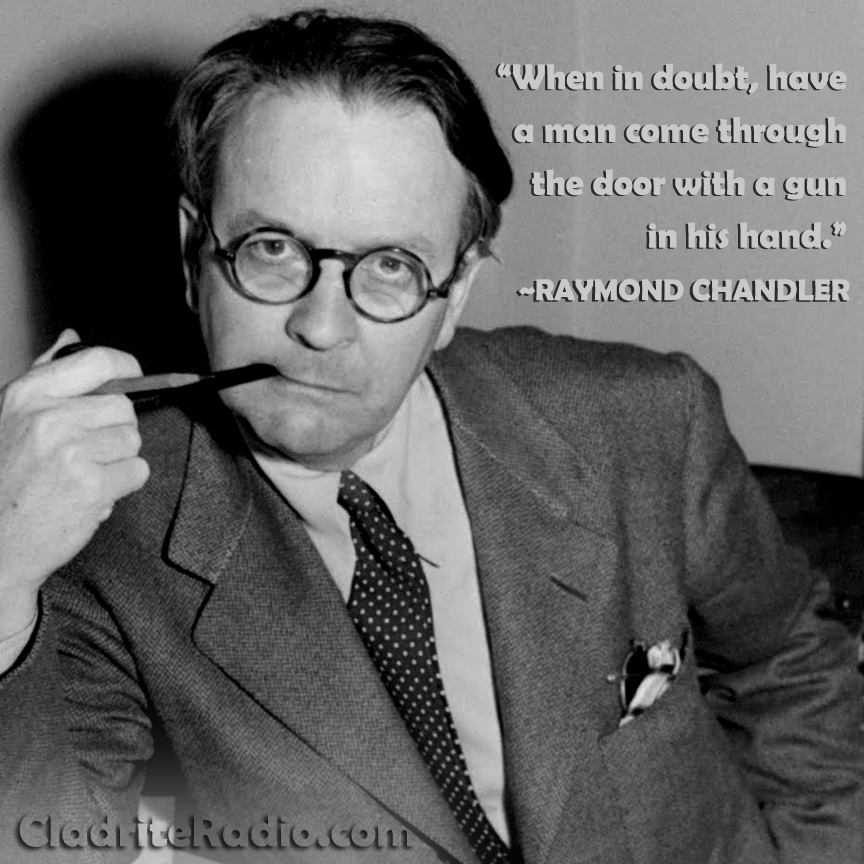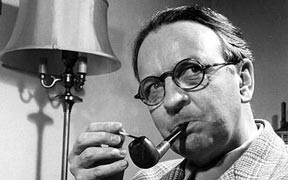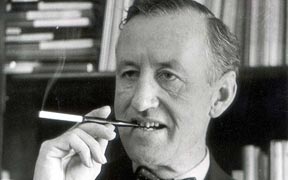We’ve made no secret of our deep admiration of the work of the great Raymond Chandler, so we couldn’t let his 136th birthday go by without notice today.
If you’ve somehow missed out on reading any of Chandler’s work to date, savor this brief opening paragraph from his short story Red Wind; it’s as good an introduction as any to one of the greatest American writers of the 20th century:
There was a desert wind blowing that night. It was one of those hot dry Santa Anas that come down through the mountain passes and curl your hair and make your nerves jump and your skin itch. On nights like that every booze party ends in a fight. Meek little wives feel the edge of the carving knife and study their husbands’ necks. Anything can happen. You can even get a full glass of beer at a cocktail lounge.
Happy birthday, Mr. Chandler, wherever you may be.



